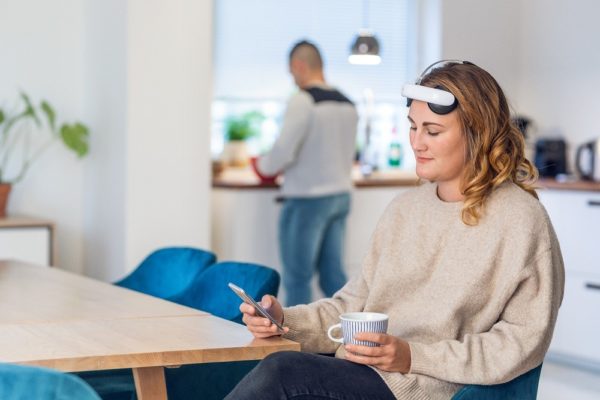
Therapy App to Reduce the Risk of Depression
Eating a Mediterranean diet may improve symptoms of depression
A therapy app is encouraging users to reduce the risk of depression, which affects 300 million people worldwide, by changing their eating habits to a diet high in fruits, vegetables, fish, olive oil, nuts and seeds – and low in sugar and saturated fat. Based on the latest clinical psychology and nutrition research, the Flow app helps users to understand, treat and reduce the risk of depression – and is free to download on iOS and Android.

Flow features interactive content, including daily chat conversations about the impact of nutrition on depression, and psychological strategies to help users switch off their autopilot craving mechanism and avoid foods known to trigger symptoms. The app was developed by Flow Neuroscience, the medical device company behind the first (and only) medically approved, home brain stimulation treatment for depression in the EU and UK.
Clinical studies have shown a direct link between eating certain foods, such as whole grains, fish and vegetables, and reduced risk of depression. In one randomised controlled trial, 32.3% of moderately to severely depressed patients who received nutritional advice had reduced the risk of depression after 12 weeks just by changing their eating habits to a more Mediterranean diet.
A separate study, which explored the impact of high sugar / high fat foods (HSHF) showed that a higher consumption of an HSHF dietary pattern was associated with a greater risk of depressive symptoms.
Daniel Mansson, clinical psychologist and co-founder of Flow, says: “Clinical studies have demonstrated that by changing your eating habits it is possible to reduce the risk of depression. Eating lots of fruit and vegetables could present a natural, inexpensive and non-pharmaceutical means to support a healthy and happy brain. Our mission is to empower everyone to improve their depression and mental health based on well-grounded science.”

To reduce the likelihood of depression further, the Flow app can be used in conjunction with the Flow Neuroscience home brain stimulation headset. Randomised controlled trials published in the New England Journal of Medicine and the British Journal of Psychiatry showed that the type of brain stimulation used in the Flow headset had a similar impact to antidepressants but with fewer and less-severe side effects. The Flow headset can be purchased here.
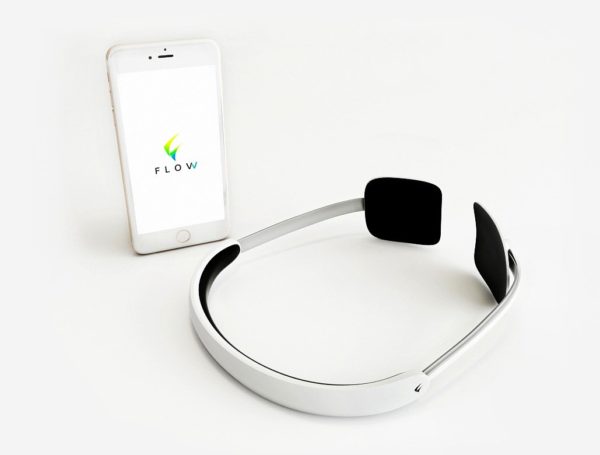
Anti-inflammatory foods which can reduce the risk of depression are rich in nutrients, vitamins and minerals – and include vegetables, fruit, berries, legumes, herbs, whole grain, seeds and olive oil.
Foods that could improve symptoms of depression
Vegetables
Fruit
Fresh fish or fish eggs
Berries
Unsalted nuts
Legumes
Herbs
Whole grain
Seeds
Olive oil (cold pressed virgin oil)
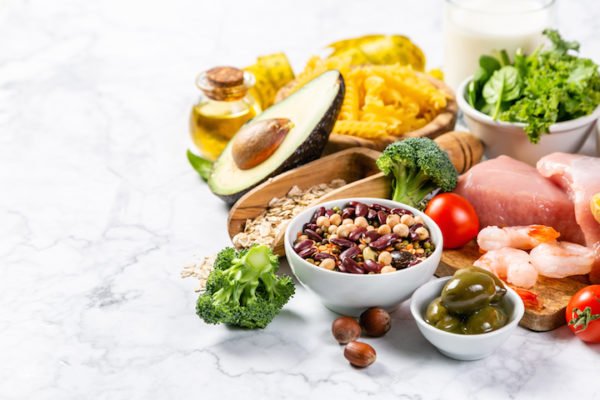
Foods to avoid
Everything fried
Ready meals
Soda
Processed meat
Stabilisers, sweeteners and thickeners
A diet high in sugar, white flour and processed meat leads to chronic inflammation, which increases the risk of depression.
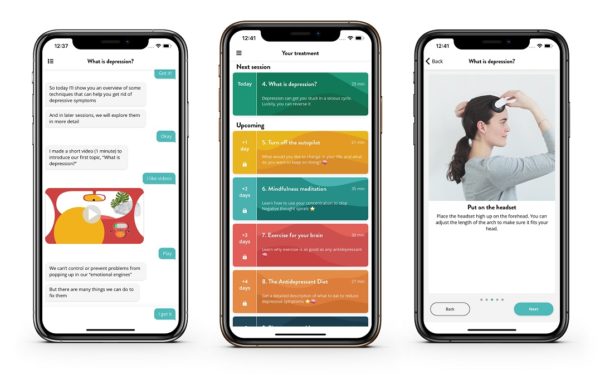
In total, the app offers 18 sessions over the course of six weeks, as well as the AI chatbot being available for users to speak to around the clock. It also includes mood-tracking technology, which is used to collect data on the user and offer a more personalised response to their problems.
It teaches users about how sleep, exercise, nutrition and meditation are the four pillars of treating depression.
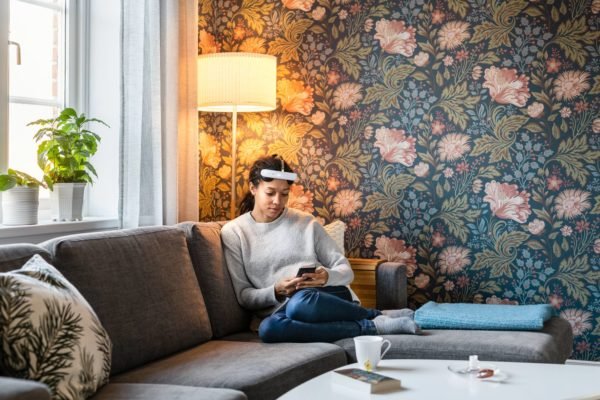
Mansson believes providing information is “one of the most important things you can do to treat depression”.
He added: “Basically, we know it can be hard for people to talk about their emotions, so we’re just trying to give them the most basic information they need to know about depression.
“We’ve researched this extremely well, and this is one of the most important things you can do to treat depression.”












































